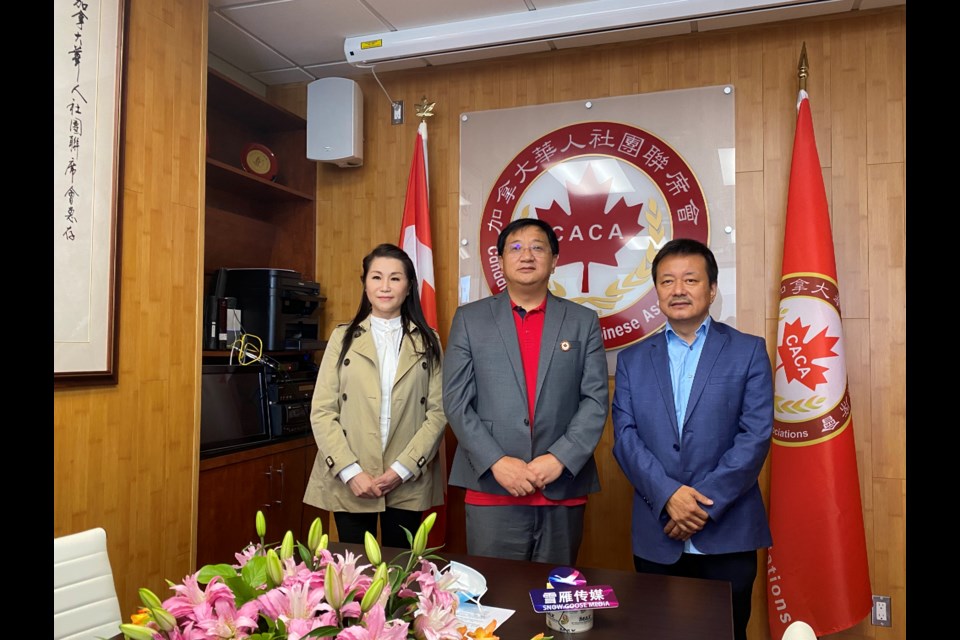With Canada now into week two of the federal election campaign, the Richmond Chinese-speaking community has been actively pushing more Chinese-speaking immigrants to head to the polls next month.
Richmond – with the majority of its population being of Asian ethnicity and many having Chinese as their first language - historically has one of the worst voter turnout records in the country.
But a Richmond-based group run primarily by recent immigrants from mainland China is hoping to turn that embarrassing statistic on its head.
"Many Chinese-speaking immigrants always have misunderstandings during the election season - some either do not participate at all, or they simply vote for people who have Chinese descent, rather than truly understanding their election platforms," said Renming Wei, acting chairman of Canadian Alliance of Chinese Associations (CACA), an organization set up in 2008.
"Therefore, what do we get in the end? We have the lowest voting turnout among all ethnic groups and our voices never get heard by decision-makers."
Determined to make a difference this year, Wei and his organization held a press conference on Monday morning to send out a clear message to the local Chinese-speaking community.
"Please give all candidates a fair shot by doing some research before heading to the polls. Some Caucasian candidates might hold similar opinions as you. For example, he might support multiculturalism even though he comes from a different cultural background," said Wei, stressing that his organization doesn't have any political standings.
Last year, the Vancouver Police Board reported that they had seen a 717 percent increase in anti-Asian hate crimes - from 12 cases of anti-Asian hate crimes in 2019 to 98 cases in 2020.
"It's troubling to see the surge of anti-Asian incidents. Therefore, getting involved in this upcoming election is extremely important for Chinese immigrants to ensure that their voices could be heard," said Wei.
But he believes that the increasing violence against people of colour might fuel more immigrants to cast a ballot this year by supporting candidates who advocate for diversity, inclusion and multiculturalism.
Xiaomei Xue, vice president of CACA, said Chinese Canadians continue to face barriers in getting to the ballot box, such as language.
"The language barriers do play a significant role in holding more immigrants back from engaging with the elections. Some people I talked to do care about elections, but they just hope more official materials released by different parties could be translated into their mother tongue to help them better understand different policies," said Xue, adding that "there is still more that needs to be done."




